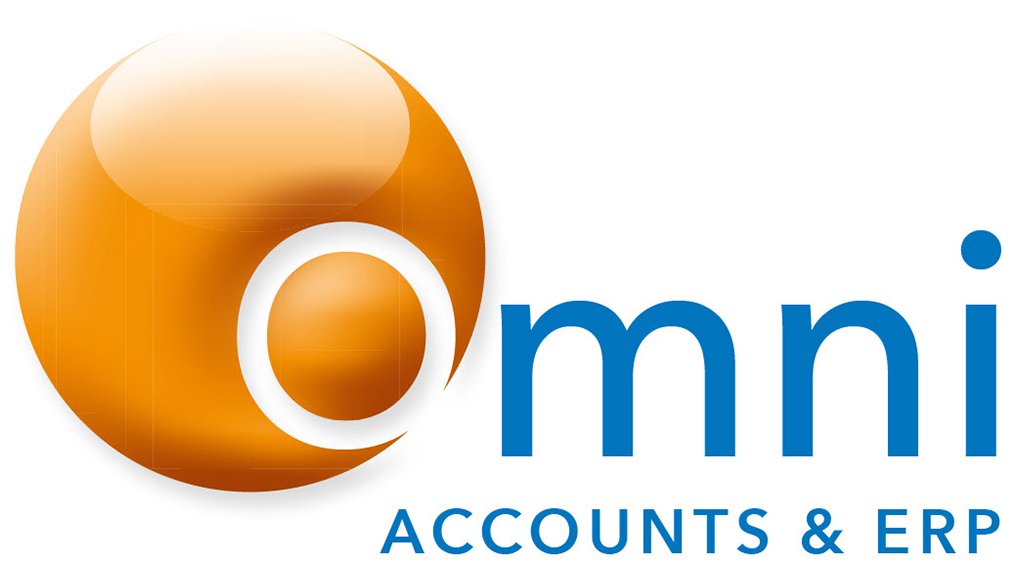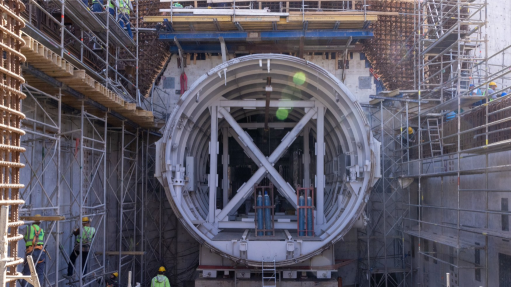5 Enterprise Resource Planning (ERP) Mistakes To Avoid
Enterprise resource planning (ERP) systems streamline business operations by unifying information and automating processes. However, to ensure effective implementation, there are key things to avoid.
What is ERP?
Enterprise resource planning is a type of software that assists organisations in managing all daily business activities. These include:
- Accounting
- Procurement
- Project management
- Risk management and compliance
- Supply chain operations
- Enterprise performance management
- Plan, budget, predict, and report on financial results
Basically, the ERP system streamlines all business processes, allowing the uninterrupted flow of data between systems. The collection of all this data eliminates duplication and enhances data integrity. ERP is effectively the vehicle for integrating people, processes, and technologies across a company.
Benefits of ERP systems for business
In the modern era of business, ERP systems have drastically improved workflow by aligning data across various departments. Here are some of the other specific benefits of ERP systems:
- Streamlines business processes
- Lowers operational costs
- Enhances collaboration through data sharing
- Improves business insights through real-time data reports
- Maximises business visibility and control to ensure compliance
- Improves data integrity and reduces risk
- Meets market requirements through the centralisation of data
- Improves overall efficiency
- Enhances flexibility and adaptability
- Eliminates information silos and gets fast answers for quick decisions
How ERP systems work
There are three different types of ERP implementations – cloud, on-premise, and hybrid – with different operations suited to different business types. Essentially all ERP systems (or ERP suites) consist of different enterprise resource planning applications that communicate with each other through a shared database. Each application (or ERP module) focuses on one business area and these modules can be combined to meet individual company requirements.
Common ERP mistakes to avoid
If you’re considering implementing an ERP system to improve business efficiency, then you’ve certainly made the correct choice. However, there are certain pitfalls that must be avoided when selecting an ERP system for your business. Here are the top 5:
1. Poor planning for ERP
Many companies simply don’t do enough planning ahead of time before implementing ERP software. It’s vital to fully understand the current processes and how ERP systems will evolve them to maximise business efficiencies. To avoid this common ERP mistake, the first thing a business owner or decision-maker needs to do is conduct an internal audit of all business processes and policies. This can be done by either putting together an ERP evaluation team with stakeholders from across the business or even hiring an experienced third-party consultant with ERP experience.
When it comes to actually selecting the best ERP system for a business, then it’s important to check references with businesses in the same sector. Too often a company implements ERP software only to discover that there are functionality restrictions or a lack of anticipated capabilities.
2. Not fully understanding key ERP features
ERP systems can completely revolutionise a business, but they have to be implemented properly. A recent survey indicated that only 46 percent of ERP users actually have a full understanding of the ERP features and how they can benefit the business. Considering the amount of money invested in enterprise resource planning, it is absolutely vital that all the features are fully understood so as to effectively automate business processes, complete functions faster, and meet business objectives.
It’s also really important that upgrades, enhancements and maintenance are performed to ensure maximum functionality. One of the ways to avoid this ERP mistake is to create a master list of all the ERP features and track the use of these features, reviewing them from time to time to determine which ones are most effective.
3. Not getting the right ERP team together
Before implementing ERP systems in an organisation, getting the right team together will ensure that everything is fully operational from the start. ERP implementation is undoubtedly one of the biggest projects a company will undertake, but this process can be completely de-railed when the right stakeholders are not in place. Rather than just focusing on getting executive approval, organisations should be gathering key participants throughout the organisation such as heads in finance, operations, manufacturing, purchasing, warehouse and IT.
Once the team is together, investing in training and change management will also need to be done. So often, an ERP project fails simply because the employees don’t understand the new system and fear change. Employees will need to be completely comfortable with the system before it goes live to ensure success.
4. Not effectively communicating with all ERP users
Once the team is put together, an effective communications’ system needs to be established to ensure no problems emerge within the ERP process. The team will have to consist of representatives from all departments to allow for an immersive ERP implementation that engages the entire business.
Once established, all representatives will have to be kept fully up-to-date on the project progress at all times, thereafter communicating any relevant updates to subordinates. One of the biggest ERP mistakes is communicating with leadership executives rather than communicating with the employees who will be working with the system on a day-to-day basis. Stakeholders should be involved in all the decision-making processes for the smooth running of ERP.
5. Not putting together an ERP maintenance strategy
When investing in an ERP system, preventative maintenance has to be considered so as to take full advantage of this valuable investment. By not applying enterprise resource planning maintenance, the ERP system will quickly become irrelevant, undermining the entire business process.
While the implementation of ERP systems does take time, the work doesn’t stop there. Businesses will need to implement a comprehensive maintenance strategy which is then communicated to all relevant stakeholders. The ERP system will then be improved regularly, so as to keep up-to-date, preventing any security or logistical risks. The role of project maintenance should be assigned to an individual with ongoing training and regular communication maintained across all departments.
The value of enterprise resource planning for business is immense, and with proper planning and consultation, ERP systems will streamline operations and boost profits. To avoid possible failure, it’s important to work with a reputable organisation like Omni Accounts, which offers highly-affordable, fully-customisable ERP software solutions. The ERP Seamless Integration Business Solutions provided by Omni Accounts make it possible for all business types to easily upgrade through a complete range of bundles, modules and switches.
Comments
Press Office
Announcements
What's On
Subscribe to improve your user experience...
Option 1 (equivalent of R125 a month):
Receive a weekly copy of Creamer Media's Engineering News & Mining Weekly magazine
(print copy for those in South Africa and e-magazine for those outside of South Africa)
Receive daily email newsletters
Access to full search results
Access archive of magazine back copies
Access to Projects in Progress
Access to ONE Research Report of your choice in PDF format
Option 2 (equivalent of R375 a month):
All benefits from Option 1
PLUS
Access to Creamer Media's Research Channel Africa for ALL Research Reports, in PDF format, on various industrial and mining sectors
including Electricity; Water; Energy Transition; Hydrogen; Roads, Rail and Ports; Coal; Gold; Platinum; Battery Metals; etc.
Already a subscriber?
Forgotten your password?
Receive weekly copy of Creamer Media's Engineering News & Mining Weekly magazine (print copy for those in South Africa and e-magazine for those outside of South Africa)
➕
Recieve daily email newsletters
➕
Access to full search results
➕
Access archive of magazine back copies
➕
Access to Projects in Progress
➕
Access to ONE Research Report of your choice in PDF format
RESEARCH CHANNEL AFRICA
R4500 (equivalent of R375 a month)
SUBSCRIBEAll benefits from Option 1
➕
Access to Creamer Media's Research Channel Africa for ALL Research Reports on various industrial and mining sectors, in PDF format, including on:
Electricity
➕
Water
➕
Energy Transition
➕
Hydrogen
➕
Roads, Rail and Ports
➕
Coal
➕
Gold
➕
Platinum
➕
Battery Metals
➕
etc.
Receive all benefits from Option 1 or Option 2 delivered to numerous people at your company
➕
Multiple User names and Passwords for simultaneous log-ins
➕
Intranet integration access to all in your organisation





















